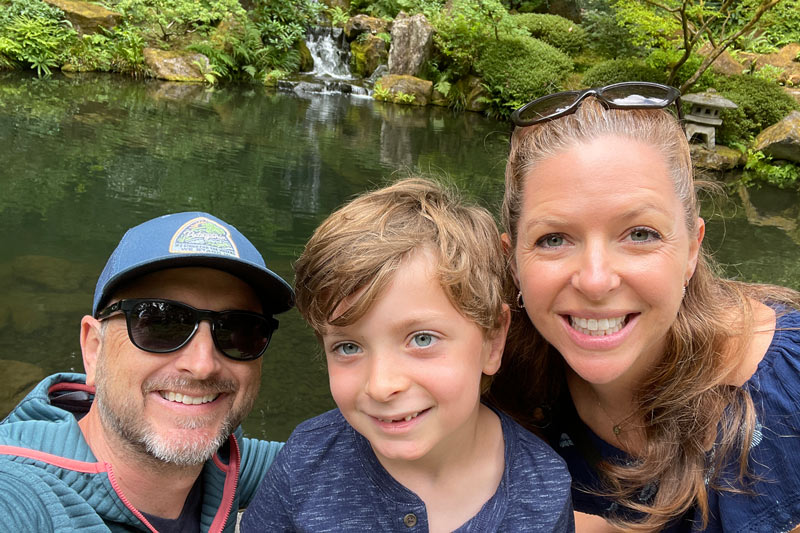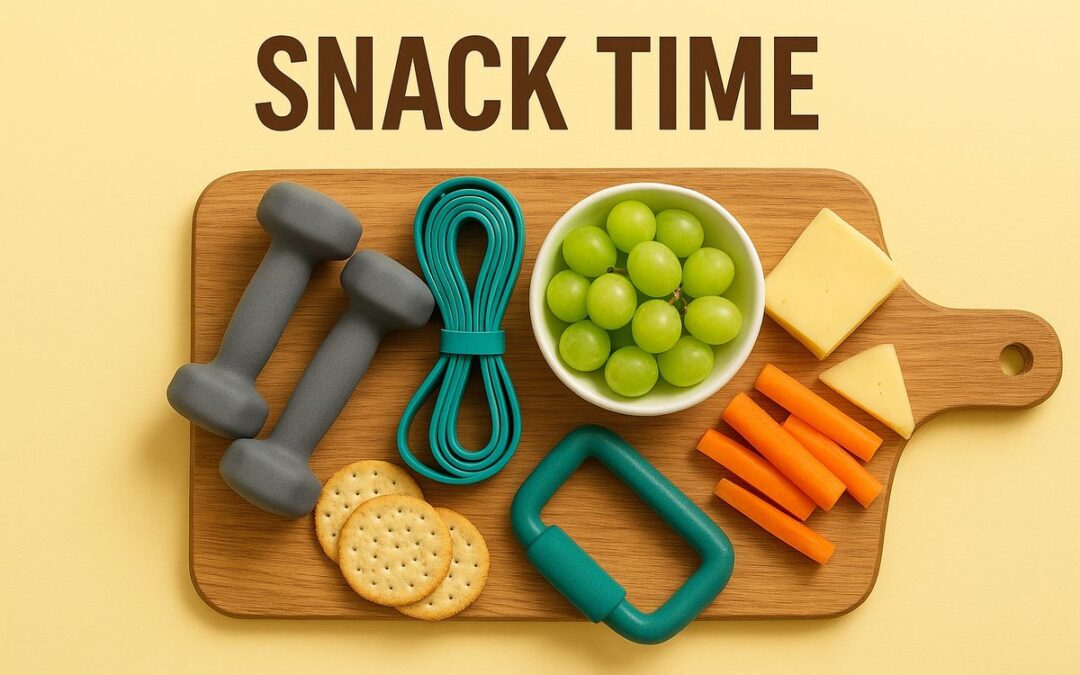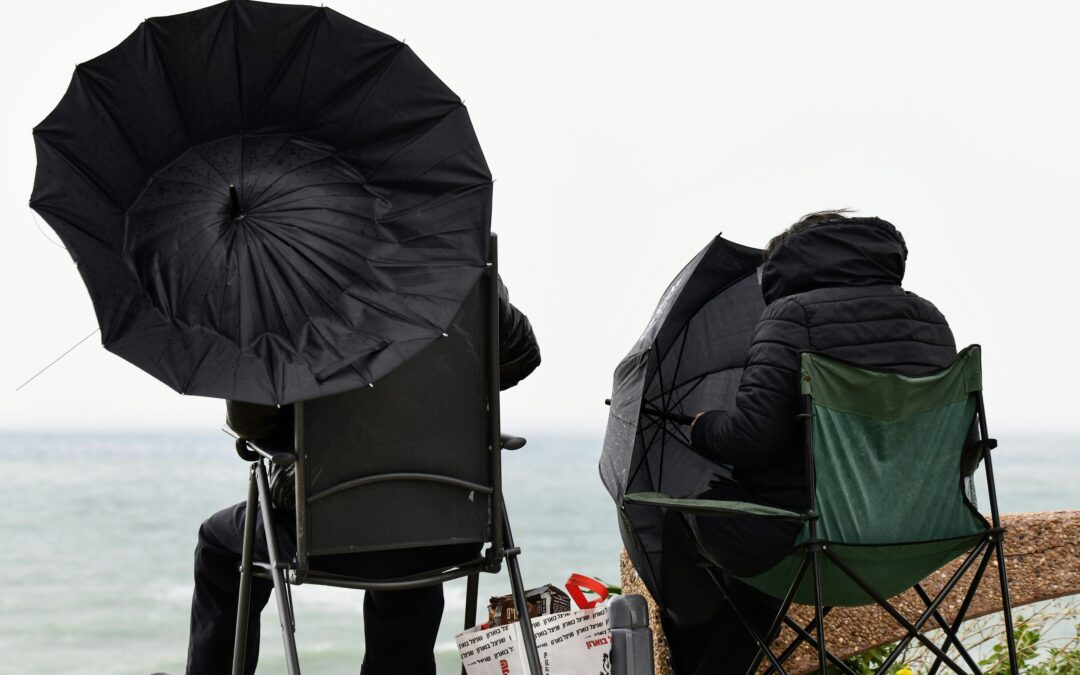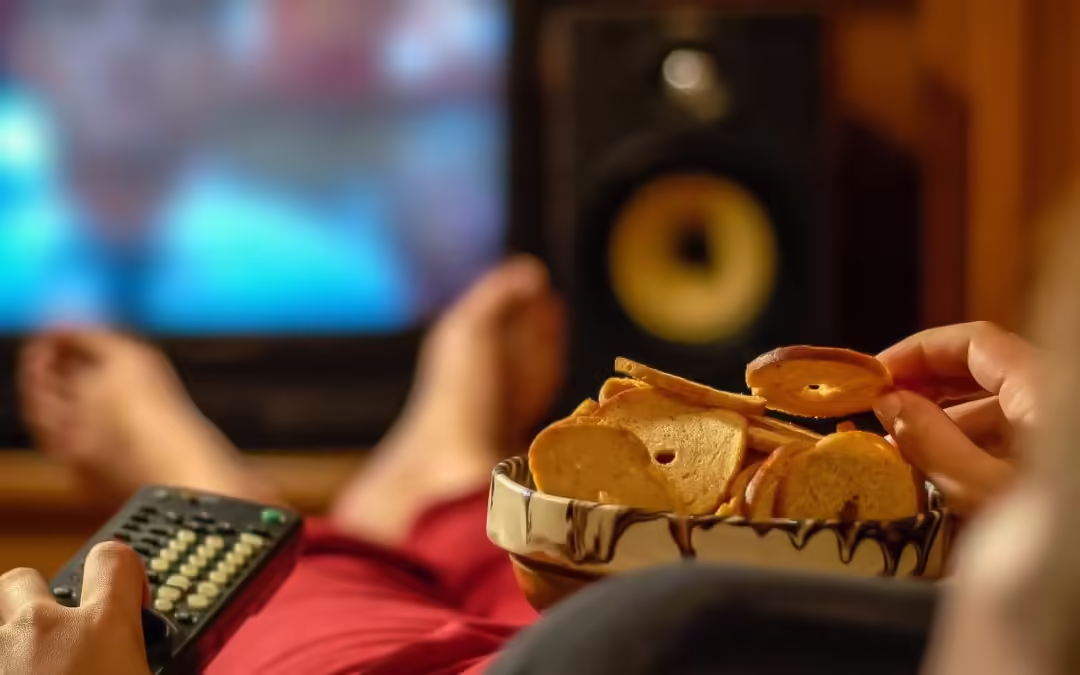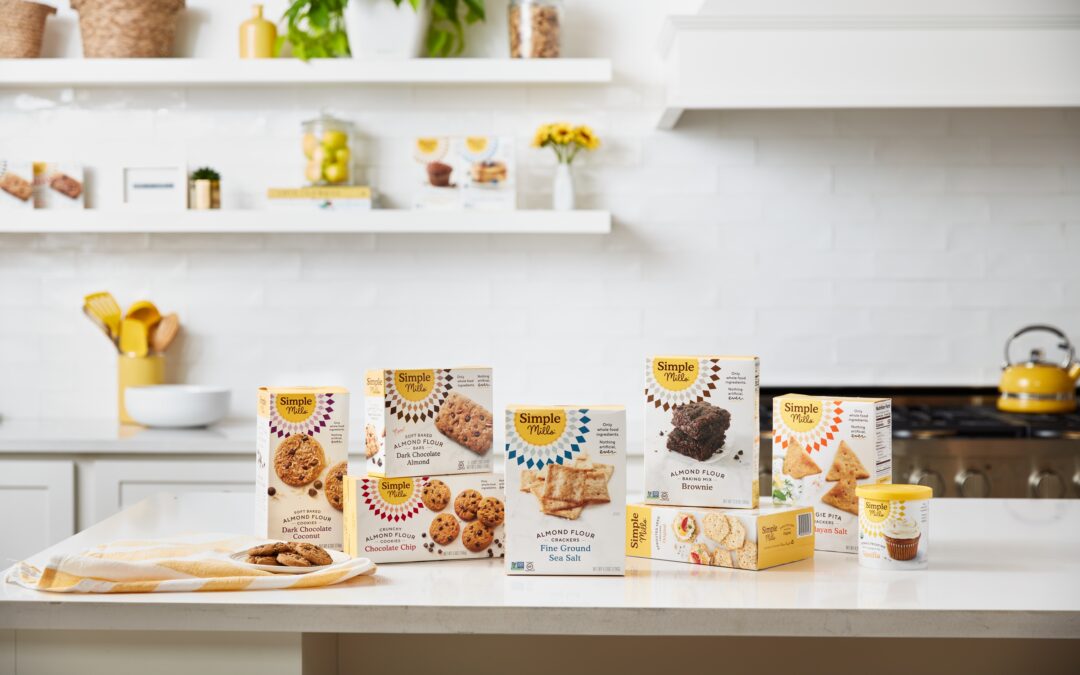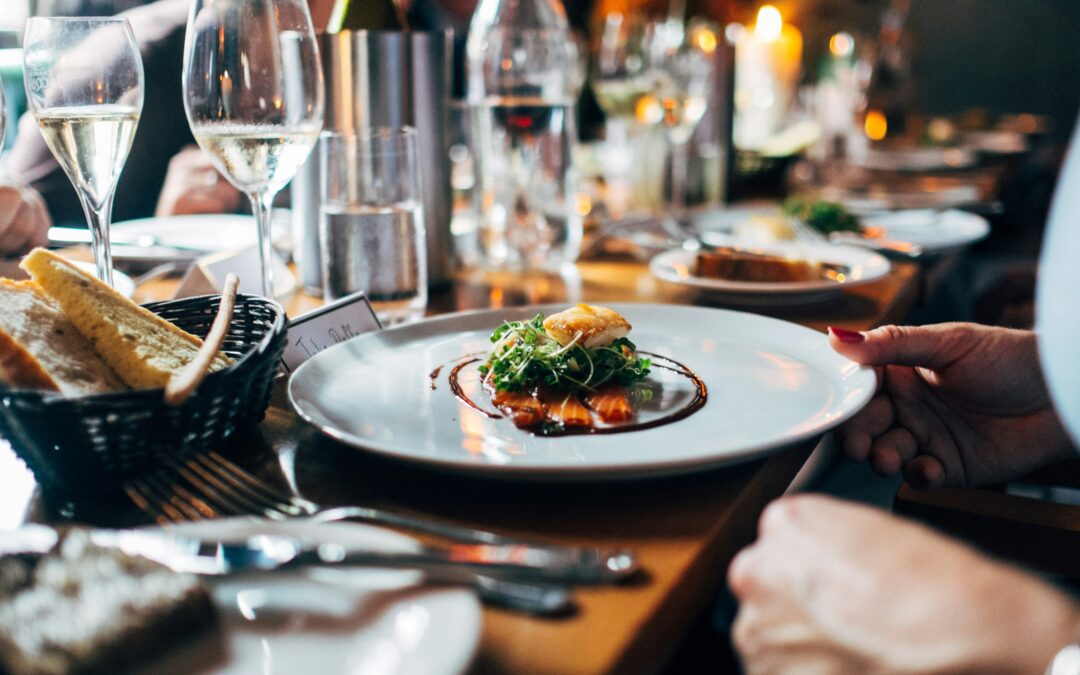If you’re unfamiliar with the Blue Zones, these are areas in the world that have the highest percentages of centenarians (people who live past 100 years old). Not only are these individuals living long lives, they are living fulfilled and active lives. Their last few years on this planet are not spent in wheelchairs or hospital beds; rather, they are spent doing the things they love, eating good food, and laughing with friends and family.
Community
Researchers have visited these areas, interviewing and observing to learn the commonalities of the Blue Zones. What is special about these locations, people, or habits? If you want to delve deeper into this, there are all kinds of books out there, you can visit bluezones.com, or check out the Netflix documentary “Live to 100: Secrets of the Blue Zones.” Today I’m going to discuss just one of the main factors that all Blue Zones have in common: a social aspect and sense of community.
Add Life to Your Years
Before we do that, an aside: I talk to many people who, as soon as I mention longevity, claim “I don’t want to live to 100.” Fair. First of all, none of us really has a say in the matter of how old we will be when we die. But my main argument when it comes to boosting our own longevity is this: rather than thinking about it as adding years to your life, what if we thought about it as adding life to your years? Maybe you will only live to 45, or 65, or 85, but don’t you want all of those years to be joyful, fun, vibrant, and rich?
A Little Help From My Friends
So now you’re wondering, how is being social going to help me live past 100? Humans depend on social interactions so much that being socially isolated actually increases the odds of death by at least 50%. A variety of strong relationships improve our ability to fight infection, improve our outlook and mood, and decrease stress. According to Harvard Health, a large Swedish study of people ages 75 and over concluded that dementia risk was lowest in those with a variety of satisfying contacts with friends and relatives.
This all makes sense if we break it down. We know that a high level of stress is a major risk factor for heart disease, cancer, and a host of other inflammatory diseases. Romantic partnerships, friendships, and being part of various groups and communities lower stress. Less stress = less health problems.
Find Your Faith, Find Your Family, Find Your Squad
The Blue Zone habits that fall into the social category are 1) participation in a faith-based community, 2) prioritizing family, and 3) committed social circles.
- Denomination doesn’t matter. Simply having a faith and a community to share it with tends to add years to your life span. If you don’t have a faith-based community that you take part in regularly, consider researching some in your area that you might join. To me, faith and spirituality can look like a lot of different things to different people. If organized religion isn’t your thing, perhaps you can find groups that focus on meditation or connections with nature, for example.
- It’s ironic to me that as a society, not having to live in multi-generational homes is a symbol of success and wealth (multi-generational meaning more than parents and children). Yet, in moving away from family, we have done something detrimental to our health–and the health of our family members, both young and old. Most of the Blue Zones feature multi-generational households, which benefit not only the elderly but also the children. Part of the reason the elderly benefit so much is they are given a purpose in being expected to contribute to the household. Even if you aren’t part of a multi-generational household, prioritizing time spent with family or family-like friends is beneficial.
- In Okinawa, Japan, one of the Blue Zones, adults are part of “moais,” groups of five friends who are committed to each other for life. They regularly check-in on each other and spend time as a group. Many people around the world also have this, perhaps without even realizing it or without an official name for it (actually, squads anyone?). There is something so advantageous about feeling you belong somewhere; feeling that your very presence is crucial, desired, and cherished. Everyone should have this feeling.
Where Do I Start?
Focus on whatever are your most meaningful relationships currently, whether that’s a romantic partner, family member or friend. Work on communication and spending time engaging in activities with this person or people that bring you joy. Prioritize time with the people that matter most to you, and eliminate gatherings with people that bring you more stress than happiness.
If you’re dissatisfied with your current relationships, it’s time to start building! Find like-minded people through volunteering, sports teams, clubs, classes, travel groups, workplace, or faith-based communities. I think making friends as an adult can be really hard and a little scary. As kids, we’re thrown together and naturally grow together. Adults are busier, and unless you make a conscious effort, friends aren’t just going to fall into your lap. Be patient. Relationships that begin as casual acquaintances can build into strong friendships over time.
I’d love to be invited to your 100th birthday party… Until then, stay connected!
Nicole


